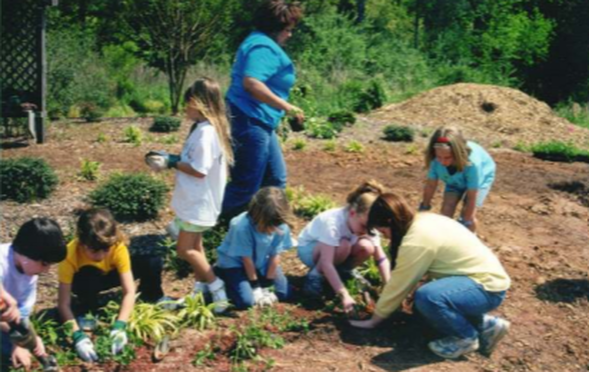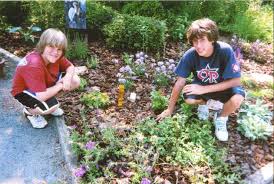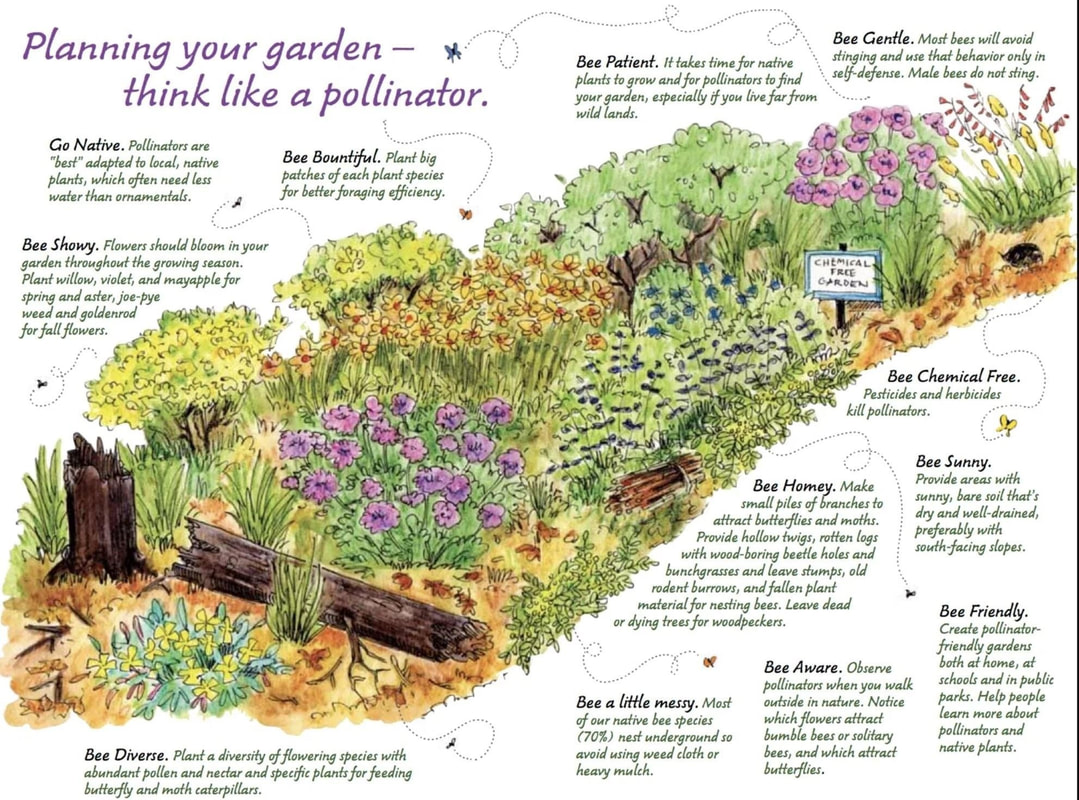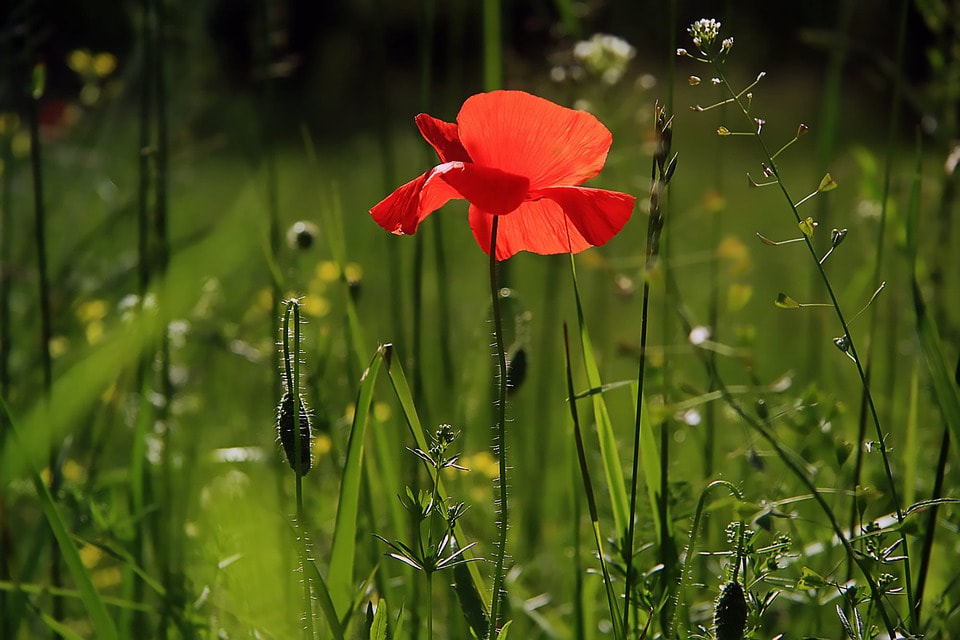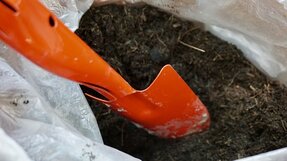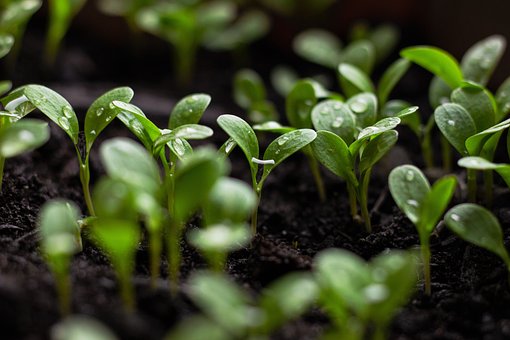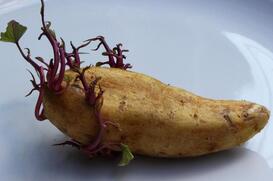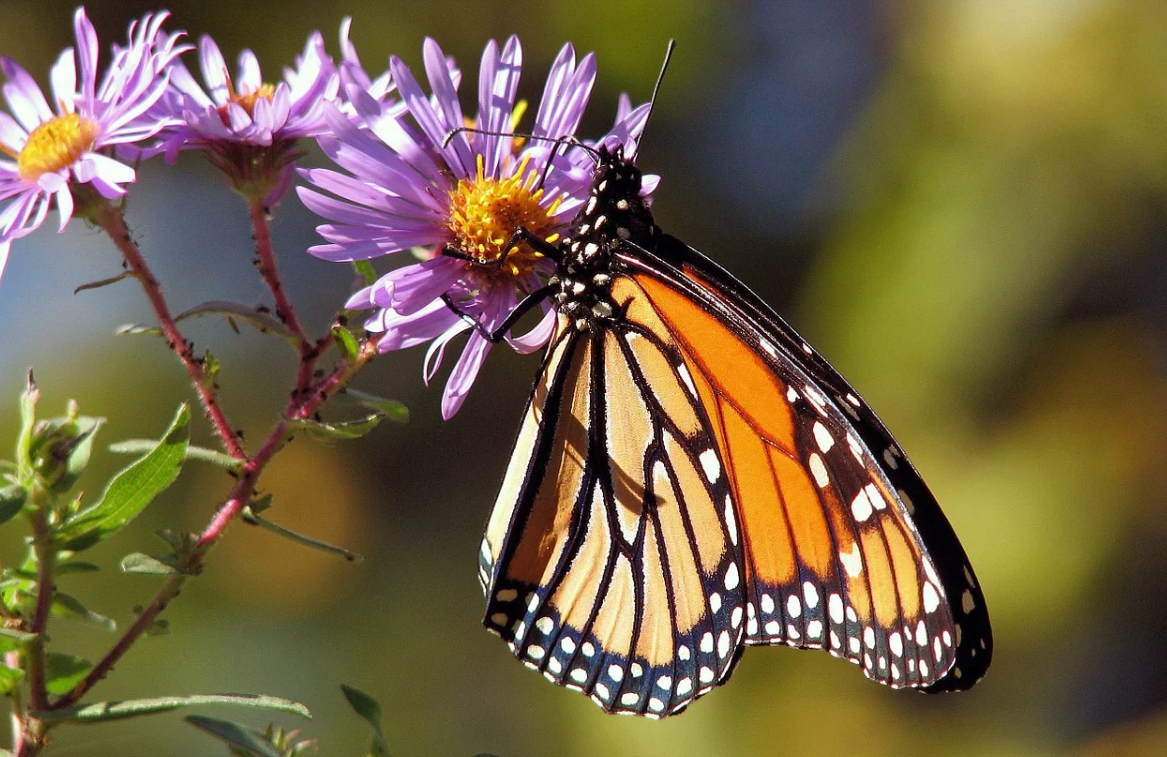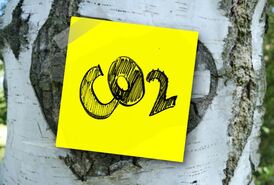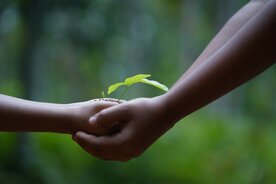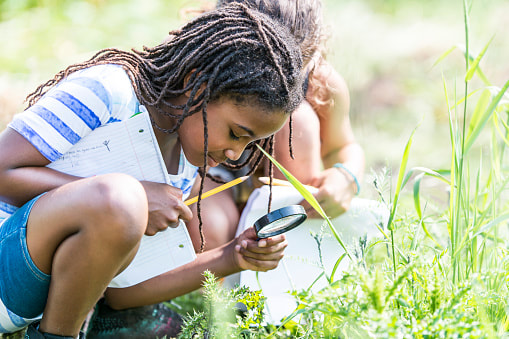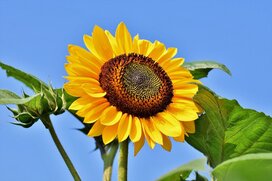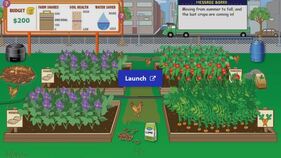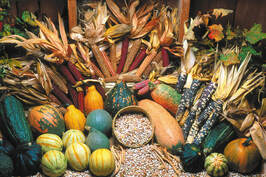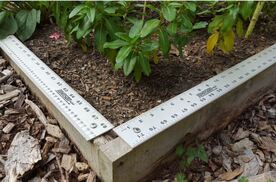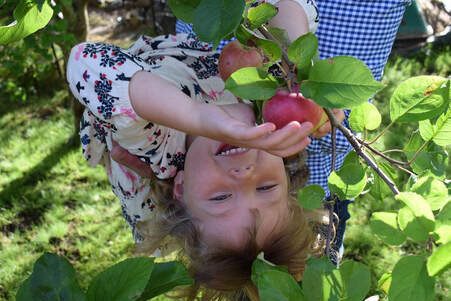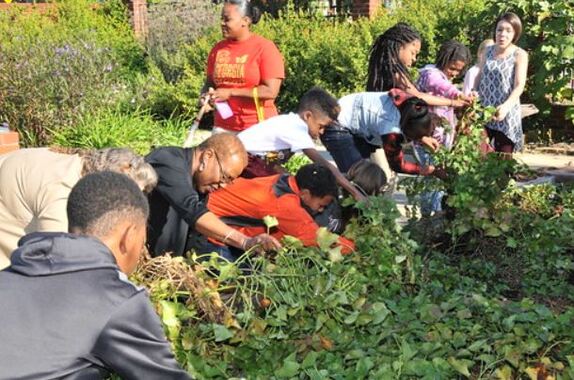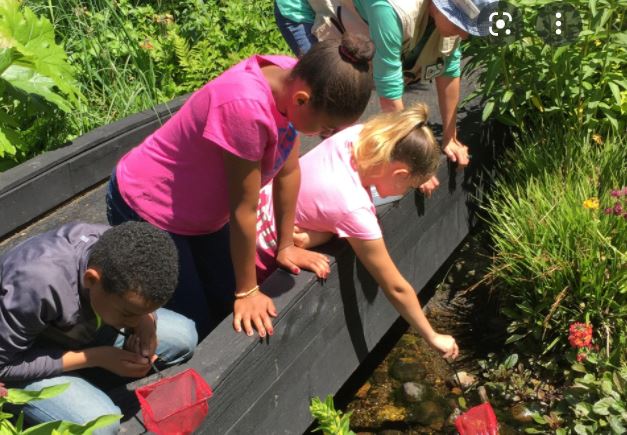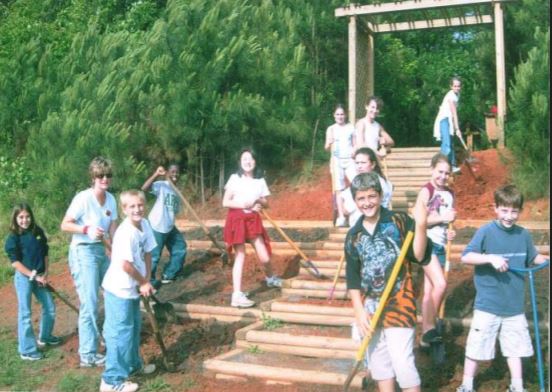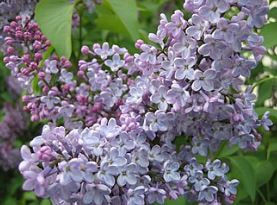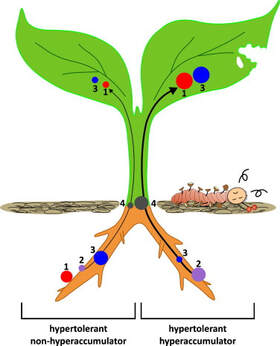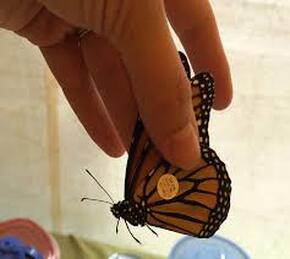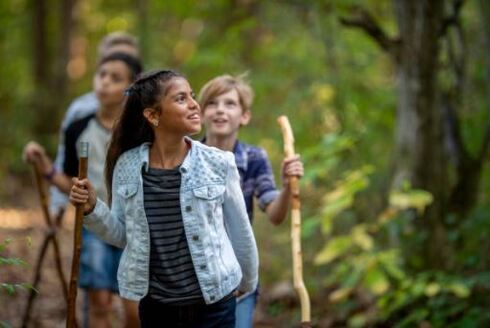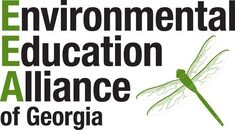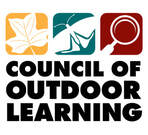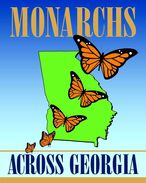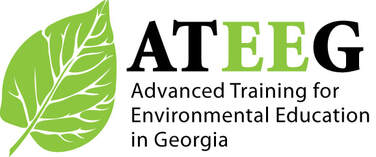Environmental Education Alliance of Georgia
- Our Story
- Our Team
- Our Events
-
Our Resources
- Wildlife Viewing
- Earth Month Activities
- Garden-based Learning
- EcoEngineering Challenges
- Community (Citizen) Science
- Phenomenon-Based Learning
- Problem-Based Learning
- Place-Based Learning
- Project-Based Learning
- Teaching about Climate Change
- Teaching about EJ
- Zero Waste Heroes
- SAGES Project
- Virtual EE Resources
- Environmental Clubs
- Evaluation and Assessment
-
Our Work
- Our News
- Our Impact
- JOIN or GIVE
- Member Portal
- Contact Us
- Outdoor Learning Store
- PassTick2023-4
- Annual Report
- New Page
- Past 2022 EEA Conference
- Past EEA Board 2021-22
- Past 2022 conferenceoverview
- Non-clickable Page
- New Page
- EEA Guest Blog
- Our Story
- Our Team
- Our Events
-
Our Resources
- Wildlife Viewing
- Earth Month Activities
- Garden-based Learning
- EcoEngineering Challenges
- Community (Citizen) Science
- Phenomenon-Based Learning
- Problem-Based Learning
- Place-Based Learning
- Project-Based Learning
- Teaching about Climate Change
- Teaching about EJ
- Zero Waste Heroes
- SAGES Project
- Virtual EE Resources
- Environmental Clubs
- Evaluation and Assessment
-
Our Work
- Our News
- Our Impact
- JOIN or GIVE
- Member Portal
- Contact Us
- Outdoor Learning Store
- PassTick2023-4
- Annual Report
- New Page
- Past 2022 EEA Conference
- Past EEA Board 2021-22
- Past 2022 conferenceoverview
- Non-clickable Page
- New Page
- EEA Guest Blog
EEA RESOURCES
You Can Teach Anything in a Garden!
|
School gardens are a great place to observe the life cycle of a seed, or to grow fresh fruits and vegetables to eat. They are also great places for student-directed experiments and investigations about the needs of a plant; classification of organisms; pollination; interactions between plants, fungi and animals; soil composition and health; microorganisms; adaptations that contribute to a species' survival; trophic levels in a food pyramid; phenology; erosion; biogeochemical cycles; Native American practices; genetics and so much more! Check out some of the exciting ways that garden-based learning can add engagement and deeper understanding for your students.
|
Getting Started
|
Garden Types and DesignsComparing the effectiveness of various gardening methods can be the subject of real-world student investigations. Some of the gardening techniques worth exploring include:
|
Soil TestingStudent investigation of garden soils can determine whether what nutrients are available for plants, what texture the soil is, which plants are suited to grow in it, and what soil amendments might be needed to improve plant growth.
|
Kitchen Scrap Gardening
No Money? No Seeds? No Problem!
In the typical home kitchen, seeds and sprouts for many plants are thrown away every day. School cafeterias that serve fresh foods may also have a potential garden in the trash can or composter. Investigate what can be grown from discarded items such as sprouted potatoes, seeds from vegetables and fruits, root bottoms from celery and green onions, and leafy tops from carrots and pineapples. Learn more here. |
|
Learn more by watching this video about the rationale for replacing lawns - or schoolyards - with habitat for native species.
|
Pollinator Habitat GardeningCreating pollinator habitat means selecting and growing native flowers that produce nectar for native adult insects, while also choosing plants with leaves that their caterpillars will eat. Many insects - including monarch butterflies - are specialists whose needs co-evolved with the plants on which they depend. Students learn so much from creating a pollinator habitat!
|
Carbon GardeningAll living organisms contain carbon. Oil and gas (called "fossil fuels" because they are the remains of long-dead organisms) release their carbon when they are dug up and burned to generate electricity or power vehicles, or when manufactured into plastic. Carbon in the atmosphere - in the form of carbon dioxide (CO2) - is a gas that amplifies the "greenhouse effect" and warms the planet. Planting gardens that draw down CO2 from the atmosphere and sequester it in long-lived plants and soils helps offset global warming.
|
Plant Investigations in the GardenThere is no better way to learn about plants - their parts, structures and functions, survival needs, and life cycles - than to grow them from seed and observe them first-hand.
|
Community Science Projects in the Garden (formerly "citizen science")Community science projects engage students in collecting and analyzing data that will contribute to authentic scientific research projects.
|
|
|
Virtual Gardening ActivitiesApps, online drag-and-drop websites, and simulation games give students a chance to design and learn about gardens virtually.
|
Social Studies in the GardenGardens can provide 'fertile ground' for exploring history, culture and social studies.
|
Math in the GardenGardens can provide real-world connections for math, to make learning visible and relevant.
|
Language Arts in the GardenGardens provide an inspiring setting for nature writing, observation and reflection, journaling, interpretation, descriptions, reading, vocabulary development and many other language art skills.
|
STEM Projects to Design and Build in the Garden
|
Sensory and Therapeutic Gardens
|
Gardening to Restore Soil Health
|
|
Environmental Stewardship in the Garden
|
Garden Curriculum Collections
|
Resources for Gardens
|
|
Environmental Education Alliance, Inc.
P.O. Box 801066 | Acworth, GA 30101 EEA does not does not discriminate on the basis of race, color, national origin, sex, age, or disability in its program , activities, or employment. For more information on EEA's non-discrimination commitment click here . Grievance officer may be contacted at [email protected] |
Proudly powered by Weebly
|
